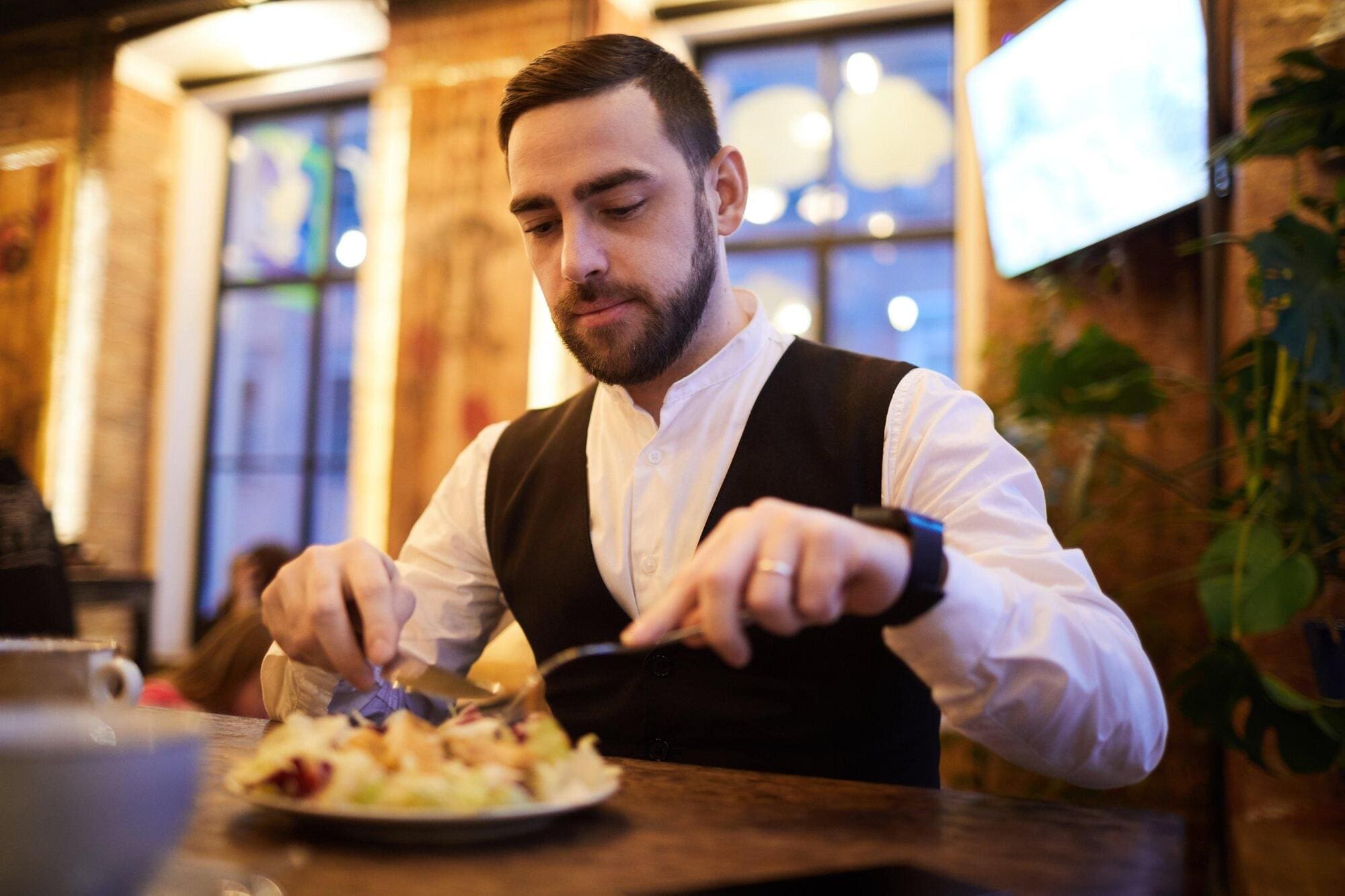Food critics, the culinary world’s discerning gatekeepers, wield immense influence over dining trends and consumer behavior. They evaluate food and restaurants with a keen eye, using specific criteria and methods to guide their assessments.
From newspaper critics to online reviewers, each type of food critic brings unique perspectives and strengths to the table. Social media and citizen journalists have also emerged as significant players in the realm of food criticism.
Ethical Considerations in Food Criticism

Food critics wield significant influence over the success or failure of restaurants and food establishments. With this power comes a great responsibility to maintain objectivity, fairness, and transparency in their reviews.
Personal biases and conflicts of interest can cloud a critic’s judgment, potentially leading to unfair or inaccurate reviews. To ensure ethical standards, critics should:
Objectivity
- Conduct blind tastings to eliminate bias based on appearance or familiarity.
- Avoid reviewing restaurants where they have personal relationships or financial interests.
- Disclose any potential conflicts of interest to readers.
Fairness
- Evaluate restaurants based on their own merits, not in comparison to others.
- Consider the context of the dining experience, including the restaurant’s concept, ambiance, and service.
- Provide constructive criticism without resorting to personal attacks.
Transparency
- Disclose the criteria used for evaluating restaurants.
- Explain the methodology behind their reviews.
- Be open to feedback and criticism from readers and restaurateurs.
Impact of Food Critics on Restaurants

Food critics wield considerable influence over the culinary industry, shaping the reputation, revenue, and menu development of restaurants. Their reviews can make or break a restaurant’s success, and their insights often drive culinary innovation and foster a competitive dining scene.
Positive Effects
* Reputation:Favorable reviews from reputable food critics can establish a restaurant’s credibility and attract diners seeking exceptional dining experiences.
Revenue
Positive reviews can lead to increased reservations and sales, as diners are drawn to restaurants with high critical acclaim.
Menu Development
Food critics’ feedback can help restaurants identify areas for improvement in their menu, inspiring chefs to experiment and innovate.
Negative Effects
* Reputation:Negative reviews can damage a restaurant’s reputation and deter diners, especially if the criticisms are perceived as valid.
Revenue
Poor reviews can result in a decline in reservations and sales, as diners are hesitant to patronize restaurants with unfavorable reviews.
Chef Morale
Negative reviews can impact chef morale, as they can feel discouraged and question their abilities.
Role in Culinary Innovation, Food critics
Food critics play a pivotal role in promoting culinary innovation by:* Identifying and showcasing talented chefs and innovative dishes.
- Encouraging chefs to push boundaries and experiment with new flavors and techniques.
- Fostering a competitive dining scene where restaurants strive to outdo each other in creativity and excellence.
Examples of Influence
* The New York Times’ influential restaurant critic, Ruth Reichl, played a significant role in the rise of New American cuisine in the 1980s.
- The late Anthony Bourdain’s “No Reservations” television show introduced global cuisines to a wider audience, inspiring a new wave of culinary exploration.
- In 2017, the Michelin Guide awarded its first star to a street food vendor in Singapore, recognizing the culinary excellence of street food and challenging traditional dining norms.
Future of Food Criticism

The digital age has brought about significant changes in the way we consume and engage with food. As a result, the future of food criticism is poised to evolve in exciting and innovative ways.
One key trend is the rise of social media and online platforms, which have empowered diners to share their own food experiences and opinions. This has democratized the food criticism landscape, allowing anyone with an internet connection to voice their thoughts on restaurants and dishes.
Food critics will need to adapt to this new reality by finding ways to differentiate their content and establish their credibility in a crowded online space.
Emerging Technologies and Platforms
Emerging technologies, such as artificial intelligence (AI) and virtual reality (VR), are also expected to shape the future of food criticism. AI-powered systems could be used to analyze large amounts of data, such as online reviews and social media posts, to identify trends and patterns in the food industry.
VR could be used to create immersive dining experiences that allow food critics to virtually visit restaurants and sample dishes from around the world.
Challenges and Opportunities
While the digital age presents many opportunities for food critics, it also poses some challenges. One challenge is the potential for bias and subjectivity in online reviews. Food critics will need to be mindful of this and strive to provide objective and informed opinions.
Another challenge is the need to adapt to the changing media landscape. With the rise of online platforms, food critics may need to find new ways to distribute their content and reach their audience.
Despite these challenges, the future of food criticism is bright. By embracing new technologies and platforms, and adapting to the changing media landscape, food critics can continue to play an important role in shaping our understanding and appreciation of food.
Answers to Common Questions: Food Critics
What is the primary role of food critics?
Food critics evaluate food and restaurants to provide informed opinions and guidance to diners.
How do food critics assess food?
They consider factors such as taste, presentation, originality, and value for money.
What are some ethical considerations for food critics?
Objectivity, fairness, transparency, and avoiding conflicts of interest are crucial ethical principles.
